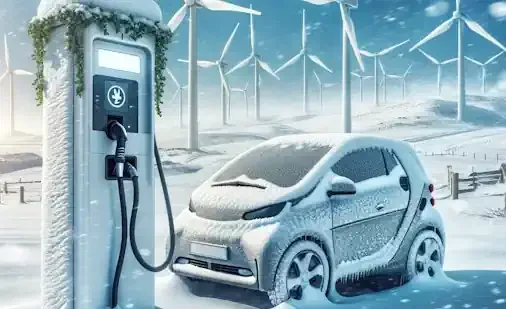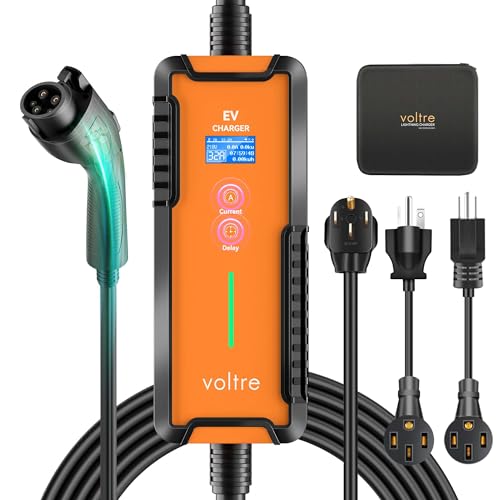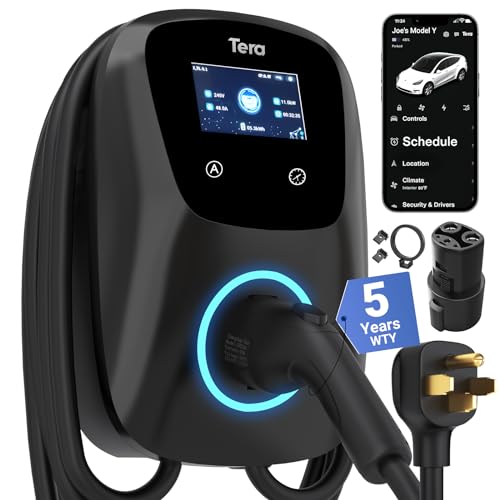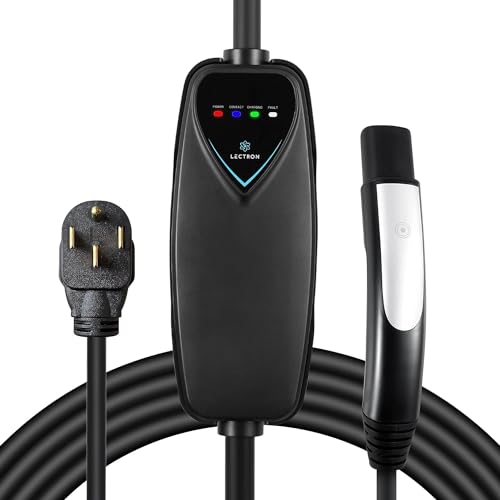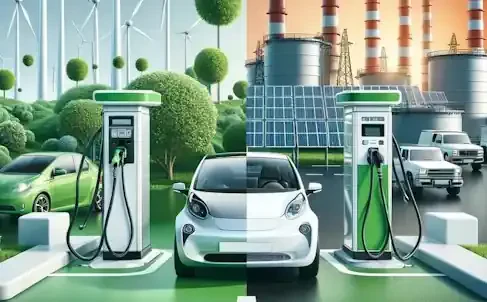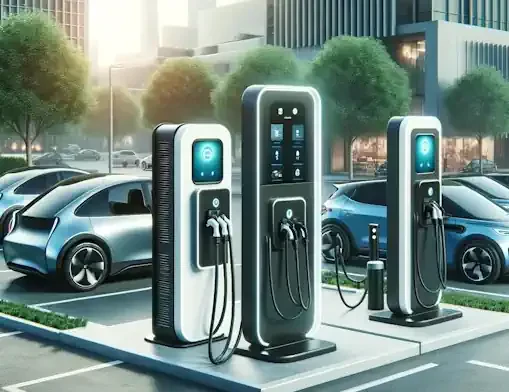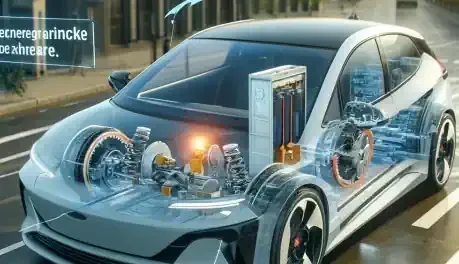As the world shifts towards electric vehicles (EVs) and renewable energy sources, the focus on efficient and reliable charging solutions has intensified. However, extreme weather conditions pose significant challenges to charging infrastructure, impacting the performance and reliability of these technologies. In this article, we explore the multifaceted challenges associated with charging in extreme weather conditions, including the effects on electric vehicles, renewable energy storage systems, and the broader implications for the energy grid.
Impact on Electric Vehicles
One of the most pressing concerns in extreme weather is its impact on EVs. In cold temperatures, battery performance significantly drops, reducing the vehicle's range and increasing the need for frequent charging. This is because lithium-ion batteries, which power most EVs, have optimal operating temperatures between 20°C to 25°C (68°F to 77°F). Below this range, the chemical reactions required to generate electrical power slow down, reducing the battery's efficiency. Furthermore, the use of heating systems to keep passengers warm further drains the battery, exacerbating the range reduction.
Conversely, extreme heat poses its own set of challenges. High temperatures can lead to battery degradation over time, as they accelerate the wear and tear on battery components. This can result in a loss of battery capacity and a decrease in the overall lifespan of the EV battery.
Renewable Energy Storage Systems
Renewable energy storage systems, such as those used for storing solar or wind energy, face similar challenges. Batteries used in these systems are also susceptible to extreme temperatures, which can affect their ability to store and release energy efficiently. During heatwaves, the increased demand for electricity (largely due to air conditioning) can strain both the energy grid and storage systems, leading to potential power outages. In cold snaps, the reduced efficiency of battery storage can hinder the ability of renewable energy systems to meet demand, especially during peak usage times.
Charging Infrastructure Vulnerability
The infrastructure required to charge EVs and store renewable energy is also vulnerable to extreme weather conditions. For instance, charging stations can be damaged by severe storms, floods, or wildfires, leading to decreased accessibility for EV owners. Additionally, the power grids that supply electricity to these charging stations can be overwhelmed by sudden spikes in demand or damaged by extreme weather events, leading to wider electricity outages that affect not only EV charging but also the broader community.
Adapting to Extreme Weather Conditions
Addressing these challenges requires a multi-faceted approach. For electric vehicles, advances in battery technology are essential. Researchers are exploring new materials and designs that can operate efficiently across a wider range of temperatures. Additionally, the development of fast-charging technology that can quickly recharge batteries even in cold conditions is crucial.
For renewable energy storage, thermal management systems can help maintain optimal battery temperatures, enhancing performance and longevity. Moreover, diversifying energy storage solutions—such as incorporating hydrogen fuel cells or mechanical storage options—can provide alternatives that are less sensitive to temperature extremes.
Improving the resilience of charging infrastructure is also key. This includes designing charging stations to withstand extreme weather events and enhancing the grid's capacity to manage fluctuations in demand and supply. Smart grid technologies can play a vital role here, allowing for more flexible and efficient distribution of power based on real-time demand and availability.
Lastly, policy and investment in infrastructure resilience can support these technological advancements. Governments and private entities must prioritize funding for research into new materials and technologies, as well as the construction of weather-resistant charging infrastructure.
The transition to electric vehicles and renewable energy is a crucial step towards a sustainable future. However, the challenges posed by extreme weather conditions highlight the need for continuous innovation and adaptation in charging technologies and infrastructure. By addressing these issues head-on, we can ensure that our move towards electrification and renewable energy is not only sustainable but also resilient in the face of climate change's increasing volatility.
Anker Portable EV Charger, 7.6KW Level 2
Efficient and Convenient Charging Solution for Electric Vehicles with the Anker Portable EV Charger, 7.6KW Level 2
Product information
Product Review Score
4.35 out of 5 stars
88 reviewsProduct links
